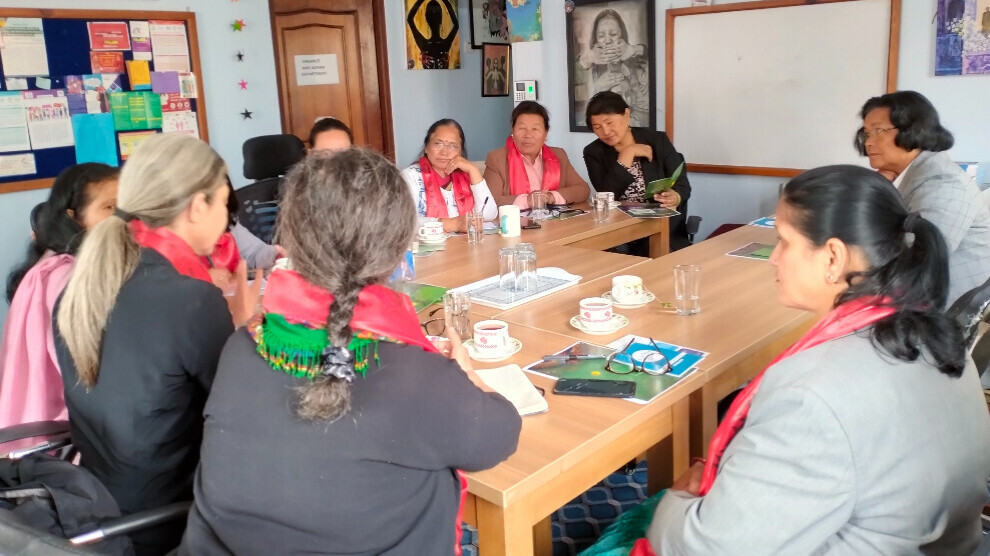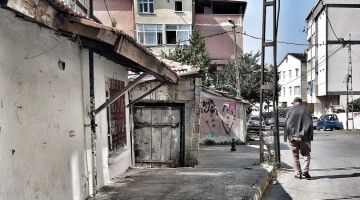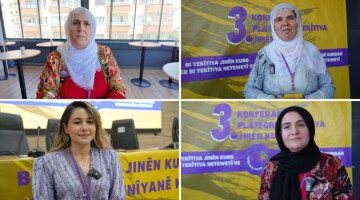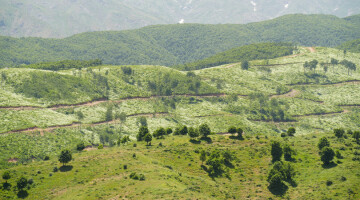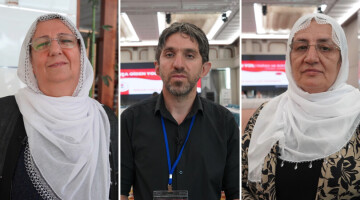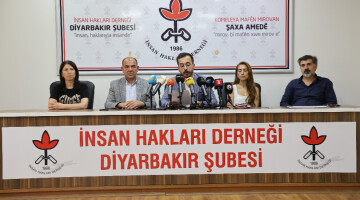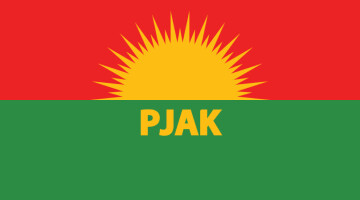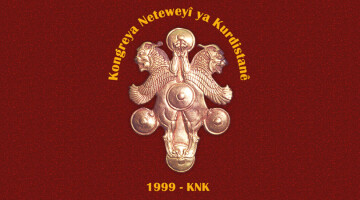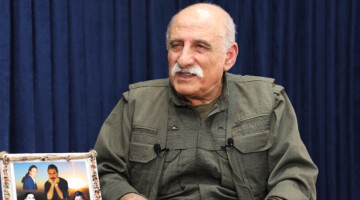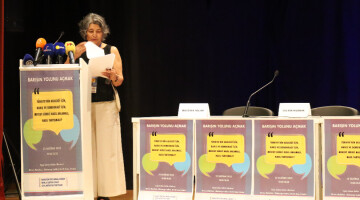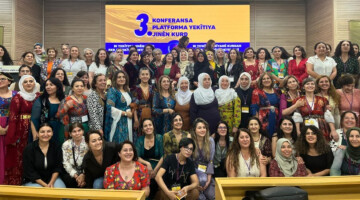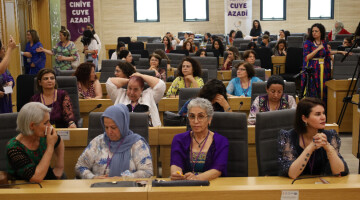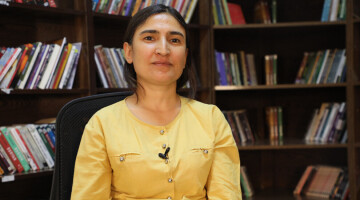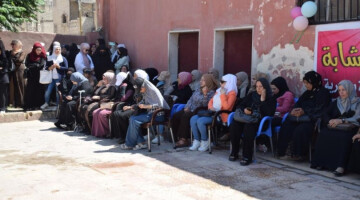Jineoloji Academy and Kongra Star members, 5 Nepali women parliamentarians, academics, presidents and executive members of the Beyond Beijing Committee met at the headquarters of the organization in Kathmandu, the capital of Nepal.
Nepali women welcomed Kongra Star Foreign Affairs Spokesperson Rûxoş Şêxo and Jineoloji Academy Member Necîbe Qeredaxî with a traditional Nepalese ceremony.
After introducing themselves, female parliamentarians, academics and executive members of the Trans-Beijing Committee asked questions about the situation of Kurdistan in general and Northern and Eastern Syria in particular.
At the meeting, Ruxoş Şêxo talked about the history of the Kurdistan revolution, the self-government model and the leading role of women in the revolution, and drew attention to the system of isolation, torture and genocide against Kurdish People's Leader Abdullah Öcalan, who has been held in Imrali for 25 years and has not been heard from for 3 years.
Then, talking about the attacks carried out by the Turkish state on Northern and Eastern Syria and South Kurdistan, Ruxoş Şêxo underlined that most attacks target leading Kurdish women.
Jineoloji Academy member Necîbe Qeredaxî drew attention to the importance of jineoloji and the importance of resurrecting the social, historical and cultural values suppressed in the person of women. Stating that jineoloji is not only for Kurdish women, Qeredaxî said that jineoloji has become an alternative method in researching the deep problems of society and the system and solving crises in order to gain a new perspective on history and society and to return science to its correct flow.
Nepalese representatives expressed their satisfaction with Kurdish women coming to Nepal and expressed their expectations for Kurdish and Nepali women to work together. They also said that the Nepalese people have a long history of struggle.
Parliamentarians said that they wish to establish a joint network consisting of Kurdish and Nepali women, and that they will hold meetings with women in parliamentary committees and bring the attacks against Rojava and the isolation of Abdullah Öcalan to the agenda. They said that they would raise their voices against this injustice.
During the meeting, one of the members of the "Beyond Beijing Committee" expressed her admiration for the Kurdistan Women's Liberation Movement for the protection of Shengal women, who were kidnapped during the genocide in 2014, and said: "We need a movement and consciousness that heroizes and liberates the women of our people. It is true that 33 of them are in the parliament and institutions, but not at the level of Kurdish women. We must all fight for this."
Female parliamentarians said that they wish to visit Rojava and demanded more information about Kurdish People's Leader Abdullah Öcalan and the Kurdish Women's Movement. They also requested that their relations be strengthened in the future.
"The Kurdistan cause is the cause of freedom and democracy. We all support you," said a parliamentarian.
The Trans-Beijing Committee is a national network organization of human rights feminists in Nepal, established following the 4th World Conference on Women in Beijing in 1995. The aim of this organization is to strengthen the political, economic and social rights of women in Nepal.

